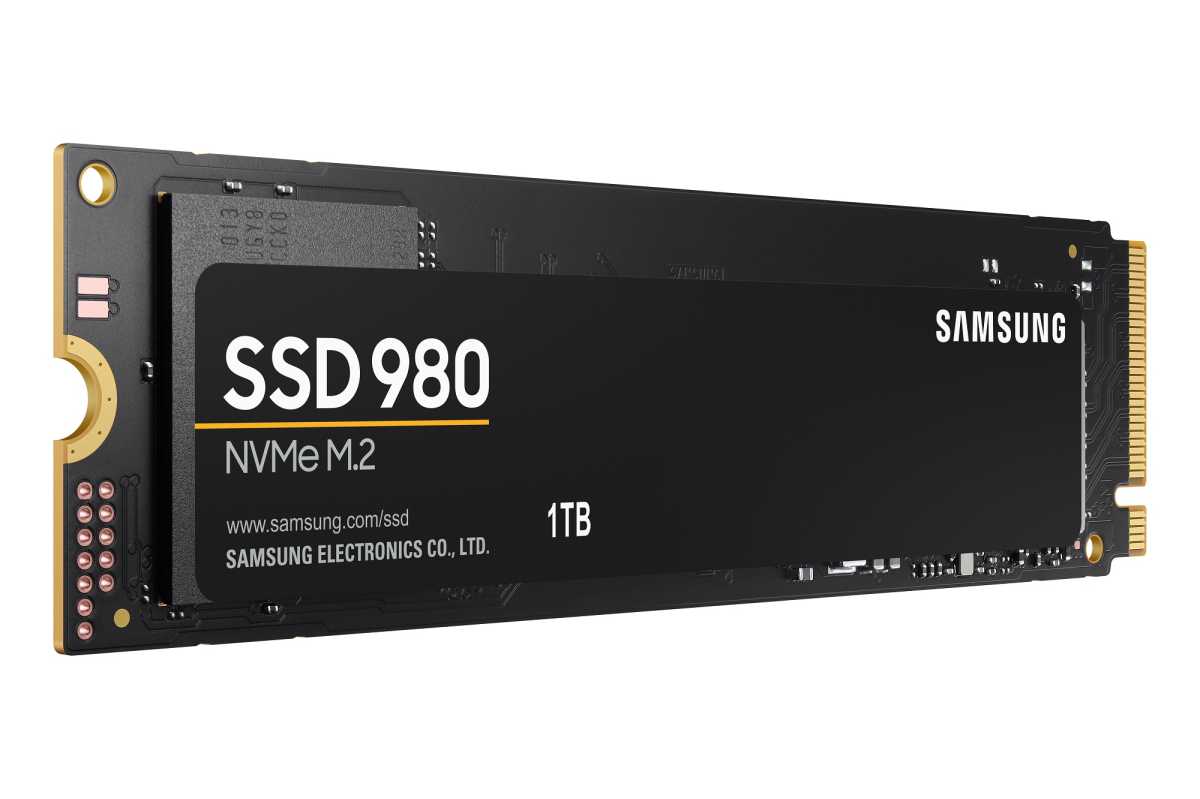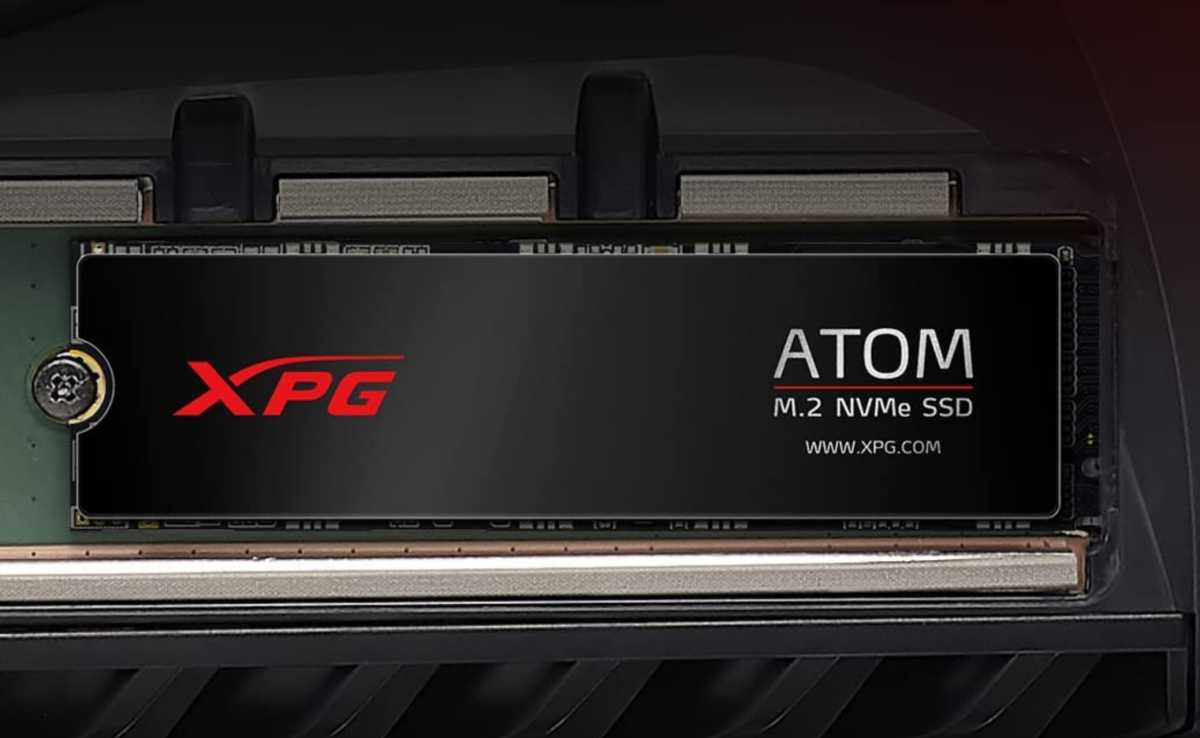All about Host Memory Buffer, the tech that's generating SSDs less expensive
 [ad_1]
[ad_1]
Host Memory Buffer (or HMB) is a rather basic concept: Steer clear of the expense of incorporating DRAM cache to an SSD by employing the DRAM memory that’s presently installed in your pc (or other product, like match consoles) as the cache when composing info. DRAM is DRAM, correct? Whichever close of the trace or wire the DRAM is on, the details is however cached and prepared to be published when the drive has time.
Factors aren’t really that basic, while the introduction of HMB is currently ensuing in decreased-priced SSDs, and present day HMB SSDs supply a lot of overall performance for everyday workloads. Let us dig in.
How HMB SSDs work
HMB (which was executed in the NVMe spec model 1.2) seems terrific, but in apply, it has only not too long ago started to entirely stay up to expectations. Our to start with appears to be at the engineering in Samsung’s 980 (not to be bewildered with the really rapid 980 Pro) and Toshiba’s RC100 proved HMB implementations weren’t entirely prepared for prime time because of to gradual random effectiveness with bigger information sets.

Samsung’s 980 SSD was a single of our initially appears to be like at an HMB structure. It is a first rate performer, but modest writes slowed rapidly as info set sizing enhanced.
Samsung
Recently having said that, we have seen quite a few drives—including WD’s Black SN770, Adata’s Atom 50, and the PNY CS2140—whose functionality a lot more intently mimics that of DRAM styles, even with larger sized information sets.
HMB does not use a great deal of process memory, so it is not a stress in that regard. Nonetheless, it is not heading to be pretty as rapid as on-travel DRAM accessed straight by the SSD controller. It is also issue to cooperation from the relaxation of the PCIe ecosystem and the overhead of HMB fetching across the bus.
So, although HMB works, the complete speediest NVMe SSDs these times are often individuals that use dedicated onboard DRAM. Sure, DRAM is DRAM, as I explained earlier—but just like in retail, spot does issue.
Caveat for console gamers
Regrettably, not just about every computer system or NVMe implementation supports HMB. Most notably, Sony’s PlayStation 5 lacks HMB support. Yes, DRAM-a lot less SSDs need to even now operate just high-quality on the PS5, but Sony concerns the warning shown beneath:

NVMe SSDs can nonetheless be fast, if not quite as responsive in small bursts, with out primary cache. They create secondary cache by dealing with their TLC (Triple-Level Cell/3-little bit) or QLC (Quad-Amount Cell, 4-little bit) NAND as SLC.
Say what?
The SSD sets aside a certain volume of NAND to be penned as straightforward on/off (large/low voltage) SLC (solitary degree cell/1 little bit) information fairly than the various ranges of voltage needed to represent far more than a person bit in TLC and QLC.

Adata
One particular-bit writing is far more rapidly as no error-examining is demanded to make sure the right voltage degree of the eight probable with TLC and the sixteen possible with QLC has without a doubt been prepared. The cache is rewritten 3/4-little bit to other NAND as the drive finds time to do it.
Mainly, as Sony states, you can use an HMB SSD in the PS5, but you may possibly not get optimum functionality. You may possibly or could possibly not detect the big difference.
Extra bang for the buck
Time is cash, as they say, so we’d never ever recommend an HMB SSD to those who are engaged in on-the-clock computing.
Nonetheless, NVMe is so quickly even in HMB flavors, that the dissimilarities involving DRAM and DRAM-less models only present up on synthetic benchmarks or intense pressure, i.e. when incredibly significant amounts of details are remaining published.
That indicates that the common user can conserve quite a several bucks with HMB when nevertheless receiving the huge the vast majority of that scintillating NVMe expertise. You’ll discover various HMB drives in our roundup of the best SSDs as a end result. As we have explained: You do not want to splurge on an ultra-speedy SSD to get amazing day to day performance.
[ad_2] https://g3box.org/news/tech/all-about-host-memory-buffer-the-tech-thats-generating-ssds-less-expensive/?feed_id=787&_unique_id=62baf3d28b6e2


0 comments:
Post a Comment